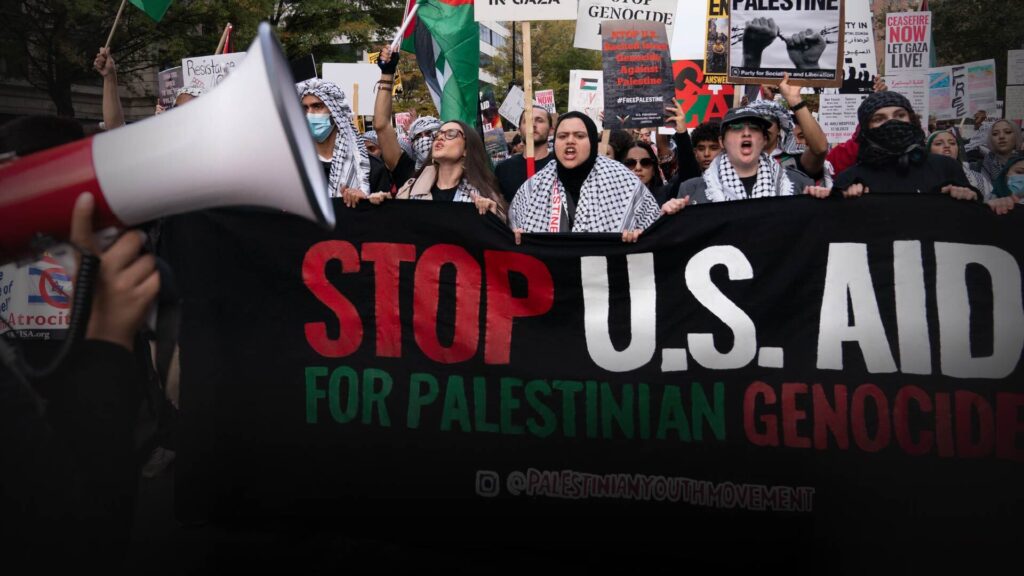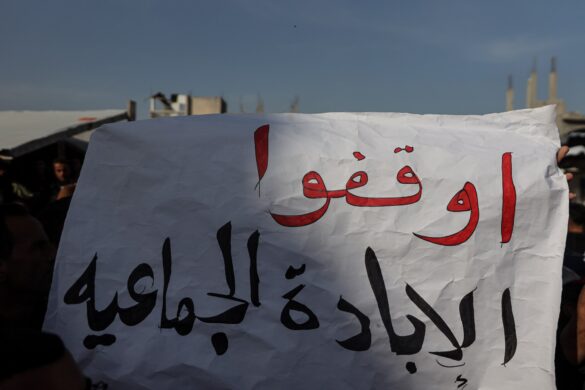Following an incendiary Wall Street Journal article, Marc Lamont Hill speaks with Dearborn Mayor Abdullah Hammoud.
Since the October 7 attacks and the start of Israel’s war on Gaza, anti-Muslim and anti-Arab rhetoric and incidents have increased across the United States.
A few weeks ago, an opinion piece published by the Wall Street Journal called the city of Dearborn, Michigan, home to one of the largest Arab and Muslim communities in the United States, the “Jihad Capital of America.” “. The editorial left many city residents concerned that the article contributed to growing anti-Arab and Islamophobic sentiment.
Meanwhile, continued U.S. support for Israel has left many Muslim Americans feeling alienated by the current administration. With the 2024 election campaign in full swing, uncertainty over Arab-American support for US President Joe Biden continues to grow.
So what impact has Israel’s war on Gaza had on Muslim and Arab communities in the United States? And what impact will this have on the next presidential election?
This week on In the frontMarc Lamont Hill speaks with Dearborn Mayor Abdullah Hammoud about Arabs and Muslims and their reaction to rising tensions and the upcoming presidential election.




